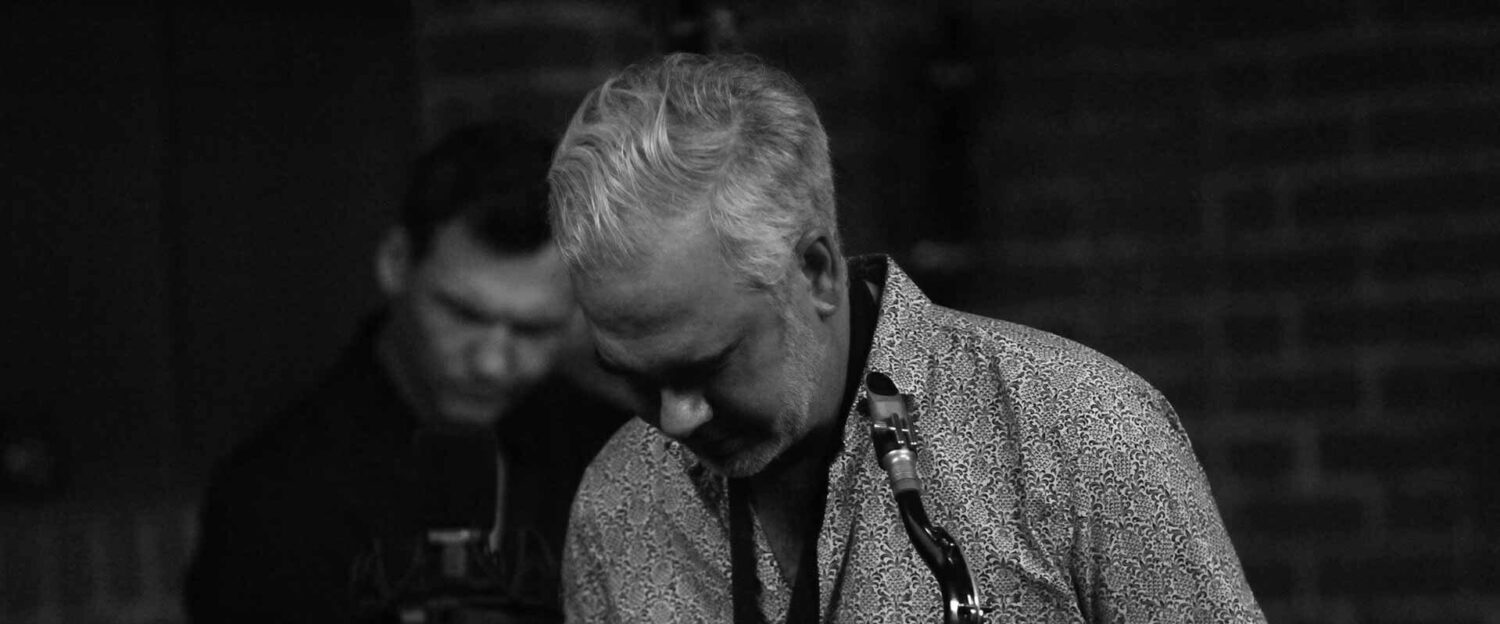 Once again, Europe finds itself inert and diplomatically feeble in the face of an international crisis. This time, it’s the coordinated bombing campaign against Iran that has laid bare the continent’s chronic inability to act with unity or conviction. Take Germany, which openly supports the strikes. Contrast that with France, whose government, true to form, remains largely inaudible, especially as it continues to pursue futile negotiations with the religious extremists clinging to power in Tehran.
Once again, Europe finds itself inert and diplomatically feeble in the face of an international crisis. This time, it’s the coordinated bombing campaign against Iran that has laid bare the continent’s chronic inability to act with unity or conviction. Take Germany, which openly supports the strikes. Contrast that with France, whose government, true to form, remains largely inaudible, especially as it continues to pursue futile negotiations with the religious extremists clinging to power in Tehran.
In reality, a regime change in Iran would serve the broader interests of the international community. By many accounts, a significant portion of the Iranian population appears ready for such a transition. While airstrikes alone are unlikely to dismantle the entrenched power of the regime or its brutal military wing, the Islamic Revolutionary Guard Corps, this intervention could, with even modest support, empower ordinary Iranians to reclaim their future and steer their country toward democracy. A democratic Iran would be far less likely to pursue military nuclear capabilities.
So where is Europe? It’s a question worth asking, loudly. Instead of dithering over whether or not to participate, European governments should be focused on hastening the collapse of a regime that has long terrorized both its own citizens and foreign shores. Beyond the immediate regional stakes, weakening Iran would also deal a serious blow to Vladimir Putin’s Russia, which relies on Tehran’s cooperation to continue its genocidal campaign in Ukraine. Undermining this alliance could finally shift the balance in Eastern Europe, a continent that, tragically, lacks the moral courage to uphold its own professed values.
Europe’s failure is not new. It is, arguably, purchased. The Kremlin’s vast financial influence has allowed it to quietly sponsor sympathetic politicians and entrench itself within the European political and criminal elite. Russian mafias have found fertile ground across the continent, particularly in the south of France. Who benefits from this criminal web? It’s a question that deserves real scrutiny.
As early as 1999, Le Monde reported on the challenge of countering Russian mafia activity in France (link). By 2015, Midi Libre detailed the dismantling of a specialized burglary ring tied to Russian networks (link). And as recently as 2024, La Dépêche reported on ongoing Russian mafia conflicts in Toulouse (link).
Beyond organized crime, the Iranian regime itself has also exported terror to European soil. Yet now, as the Israeli military, targeting strategic, military, not civilian, infrastructure, strikes Iran, accusations of regional genocide are conspicuously absent. Only the United States has had the resolve to directly attack Iran’s uranium enrichment facilities, targeting the core of its nuclear ambitions. While Tehran claims to have salvaged some of its operations, there’s no independent verification, and no one can say with certainty what has actually survived.
Meanwhile, Europe dithers and bickers, torn between toothless declarations and internal disarray. This is not a moment for moral ambivalence. It is a moment that demands action guided by clarity and conviction. Inevitably, there will be vague official statements claiming Europe “supports the operations”, but the reality tells a different story. Europe is not a federation; it is an economic bloc, held together by commerce and convenience. Its political cohesion is flimsy at best, with alliances formed and broken based on short-term national interest.
In this fractured landscape, it falls again to the United States—and now Israel, to do the world’s dirty work. And for that, they deserve our reluctant, sober gratitude.
Thierry De Clemensat
Editor in chief
Bayou Blue Radio/The Voice Of Jazz – Bayou Blue News

